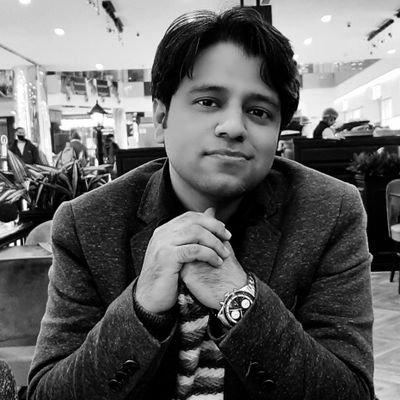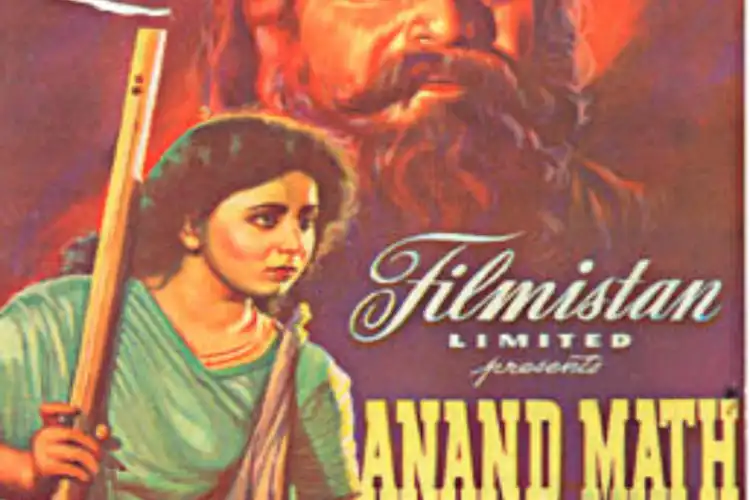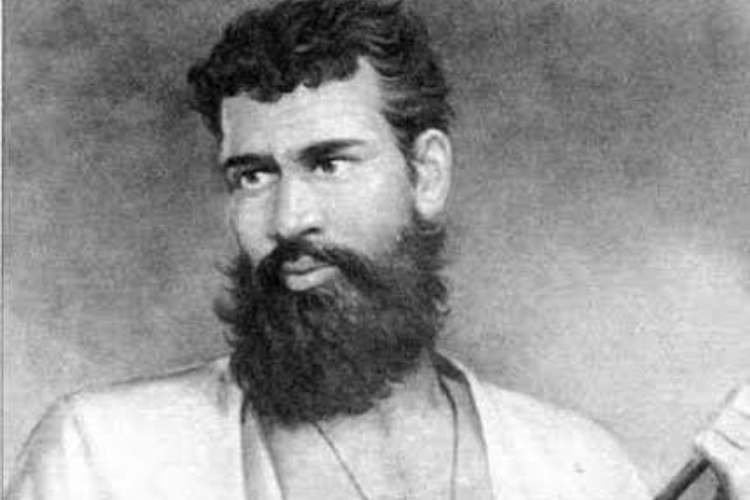 Saquib Salim
Saquib Salim
“Vande Mataram” remained a rallying cry for the Indian nationalists since 1882 when this poem was published in a Bengali novel, Anandamath by Bankim Chandra Chattopadhyay. The novel and song were often labelled as loaded with anti-Muslim overtones but only a few realise that one of the inspirations of the story was an icon of the Hindu Muslim unity. Vasudev Balwant Phadke, arguably the man who inspired Anandamath, was a revolutionary leader who allied with Arabs and Rohillas commanded by Ismail Khan to overthrow the British.
After the failed attempt at overthrowing the British in 1857, the Indian nationalists never sat quietly. Phadke was a Marathi Brahmin serving the British who started organising people in and around Pune for a revolt in 1876. This was after a famine hit the region and the British rulers remained indifferent to the plight of the people. He organized secret groups that asked people to take a pledge, “I shall respond to the call of my nation, sacrificing all at the altar of my motherland.”
A Slice Of History
For three years, recruits were given arms training. Finally, a plan of action was devised. In 1879, In a guerilla-style, Phadke’s fighters raided moneylenders and landlords in villages. The money extracted was used to buy more arms and give these to the poor villagers. Soon, Phadke realised that many of his recruits were not committed and only used arms to loot others.
.
Vasudev Balwant Phadke
After Phadke lost his deputy Sardar Daulat Rao Naik during a battle with the British forces, he stopped the raids. He could not lead a force that had gone astray.
He moved to Gulbarga, now in Karnataka, in the then Hyderabad state. His fame moved faster than him. Pujaris opened the doors of temples for him. He was welcomed everywhere; people rallied around him. In June 1879, at Allur, he met Ismail Khan, a Rohilla chief. It was decided that Khan would raise a Rohillas Army of 500 personnel with a Rs 10 salary. Shahabuddin Deccani, Hussain Ahmed Deccani, Venkopunt, and Janoji Rao (who later turned approver) were also present at their meeting.
The British forces came to know of Phadke’s activities. In June 1879, forces led by Major Daniel searched several temples for him. The troops moved around in villages, searching temples and arresting priests to get to the ‘bearded Hindu wearing rudraksha’. Phadke and Gopal Moreshwar were arrested on 21 July 1879 from a temple in the Bijapur district. Ismail Khan was also arrested.
Ismail Khand and Phadke were sentenced. Phadke was sent to Aden (Yemen) and kept in solitary confinement and he died there on 17 February 1883. His memory was immortalised by Anandamath.
Phadke’s life and mission reflected the Indianness in which Hindus and Muslims fought together, as a nation against an enemy.

 Saquib Salim
Saquib Salim
